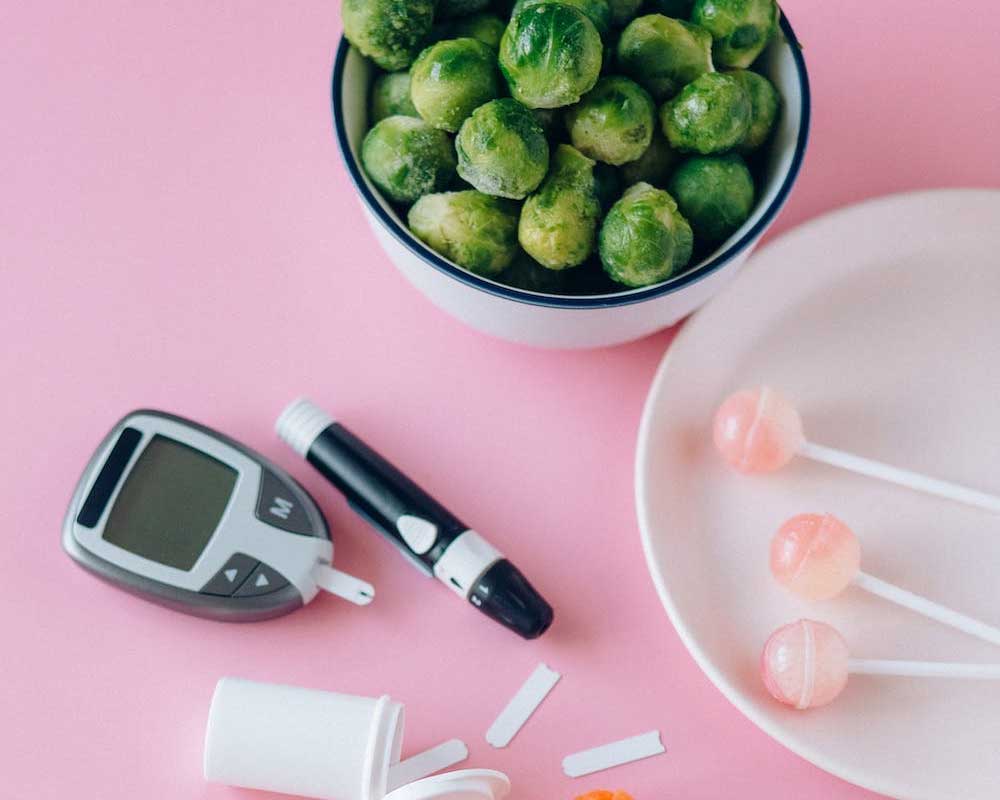
Unlocking the Potential of a Low-Carb Diet: A Lifeline for Diabetics
In today’s fast-paced world, health has taken center stage like never before. Among the many health concerns, diabetes looms large, affecting millions worldwide. But what if there was a dietary solution that could potentially alleviate some of the struggles faced by diabetics? Enter the low-carb diet, a dietary approach that’s been gaining traction for its potential to help manage blood sugar levels and improve overall health for individuals with diabetes.

The Diabetes Dilemma
Understanding Diabetes
Diabetes, a chronic condition characterized by elevated blood sugar levels, has two primary forms: Type 1 and Type 2. While Type 1 diabetes is often genetic and not preventable, Type 2 diabetes is closely linked to lifestyle factors, including diet.
The Role of Diet in Diabetes
Diet plays a pivotal role in managing diabetes. High-carbohydrate foods can cause rapid spikes in blood sugar levels, making it challenging for diabetics to keep their condition in check.
The Low-Carb Solution
Unveiling the Low Carb Diet
A low-carb diet focuses on reducing the intake of carbohydrates, particularly those from refined sugars and processed foods. Instead, it promotes the consumption of protein, healthy fats, and fiber-rich foods.
Benefits for Diabetics
Stable Blood Sugar Levels
One of the primary benefits of a low-carb diet for diabetics is its ability to help stabilize blood sugar levels. By minimizing carbohydrate intake, there are fewer fluctuations in glucose levels, making it easier to manage diabetes.
Weight Management
Obesity is a significant risk factor for Type 2 diabetes. Low carb diets have shown promise in aiding weight loss and maintenance, which can reduce the risk of diabetes or help manage the condition better.
Practical Implementation
Foods to Embrace
A low-carb diet encourages the consumption of whole foods such as lean meats, fish, vegetables, nuts, and seeds. These foods provide essential nutrients without causing major spikes in blood sugar.
Foods to Avoid
Highly processed carbohydrates like sugary snacks, white bread, and sugary beverages should be limited or eliminated. These foods can wreak havoc on blood sugar levels.
The Emotional Aspect
Managing diabetes is not just about diet; it’s also about emotions. The daily struggles, fears of complications, and the desire for a healthier life can take an emotional toll on individuals with diabetes.
A Sense of Empowerment
Embracing a low-carb diet can instill a sense of empowerment. It allows individuals to take control of their health, giving them a tool to manage their condition actively.
Social Support
The emotional journey of diabetes is often shared with loved ones. Encouraging family and friends to support dietary changes can make the transition to a low-carb diet smoother and emotionally fulfilling.
Success Stories
Real-Life Transformations
Meet Sarah, a 45-year-old diabetic who struggled for years to control her blood sugar levels. Switching to a low-carb diet changed her life. Her blood sugar stabilized, and she lost weight, giving her a renewed sense of hope and vitality.
Conclusion
In the world of diabetes management, the low-carb diet emerges as a beacon of hope. Its potential to stabilize blood sugar levels, aid weight management, and empower individuals emotionally makes it a valuable tool in the fight against diabetes. While it may not be a one-size-fits-all solution, it’s certainly worth considering, under the guidance of a healthcare professional.
FAQs
1. Is a low-carb diet suitable for all diabetics?
A low-carb diet can be beneficial for many diabetics, but it’s essential to consult with a healthcare provider to determine if it’s the right choice for your specific needs.
2. Can I still enjoy my favorite foods on a low-carb diet?
Yes, there are many delicious low-carb alternatives to traditional high-carb favorites, allowing you to enjoy your meals while managing your diabetes.
3. How long does it take to see results on a low-carb diet?
The timeline for seeing results can vary from person to person, but many individuals experience improvements in blood sugar levels within a few weeks.
4. Are there any potential drawbacks to a low-carb diet for diabetics?
Some individuals may experience initial side effects like “keto flu” when transitioning to a low-carb diet. It’s crucial to monitor your health and work closely with your healthcare provider.
5. Can a low-carb diet completely eliminate the need for diabetes medication?
In some cases, a low-carb diet may allow for a reduction in medication dosage, but it should always be done under the guidance of a healthcare professional.
Read More
Does Pea-nut Butter Make You Gain Weight? Debunking the Nutty Myth
Bana-nas and Diab-ete: A Sweet Affair with a Healthy Twist
Pota-toes and Diab-etes: A Heartfelt Exploration of the Connection
The Sweet Solution: How Mangoes Can Impact Dia-betes
Unlocking the Potential of a Low-Carb Diet: A Lifeline for Dia-betics
How to Prevent Diabetes: Taking Charge of Your Health
A Vegan Diet for Dia-betes: A Compassionate Path to Health and Wellness
How Many Carbs Should You Eat If You Have Diabetes?
Diab-etes Diet: A Journey Towards Health and Freedom
Diabetes Snacks: Delicious Choices for a Healthy Lifestyle
Cinamon and Diab-etes: A Sweet Spice’s Impact on Blood Sugar
